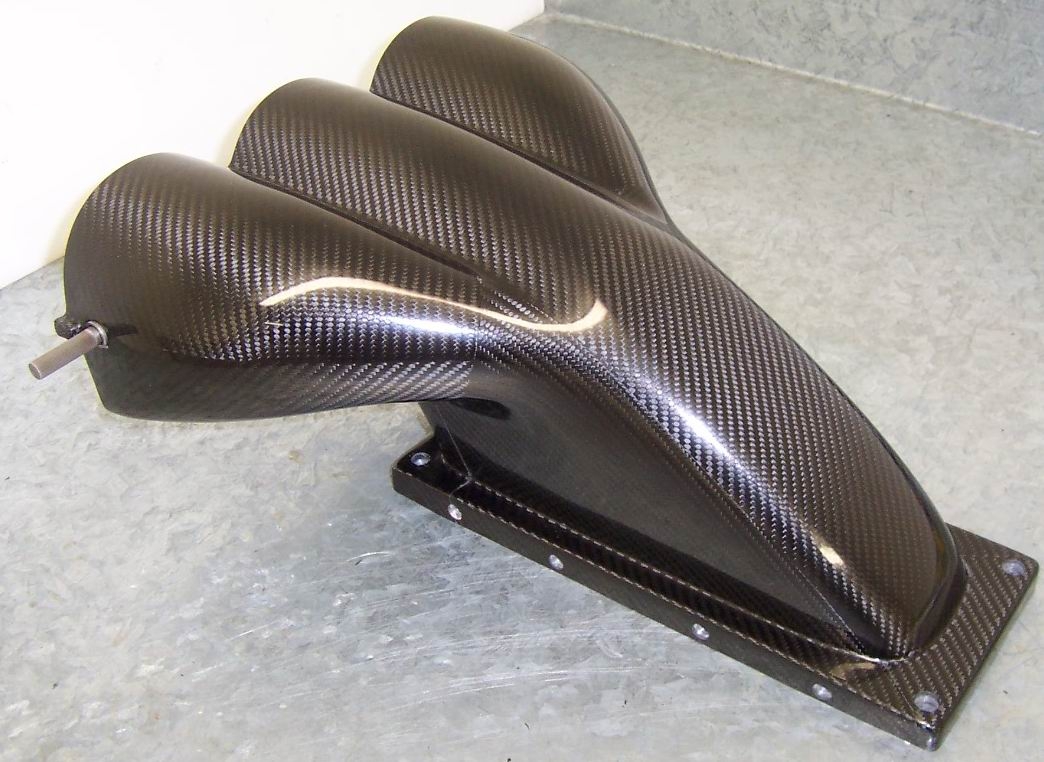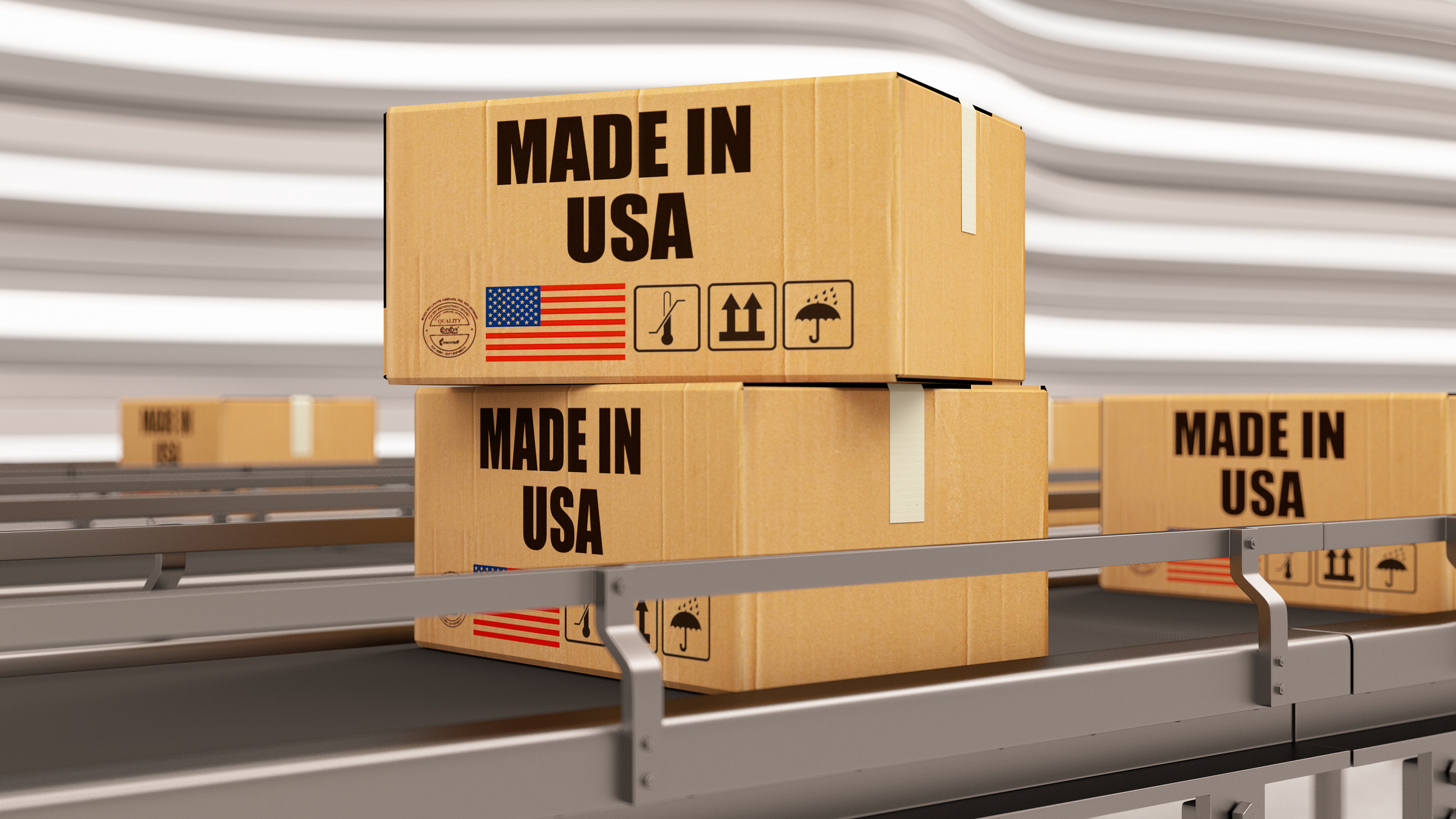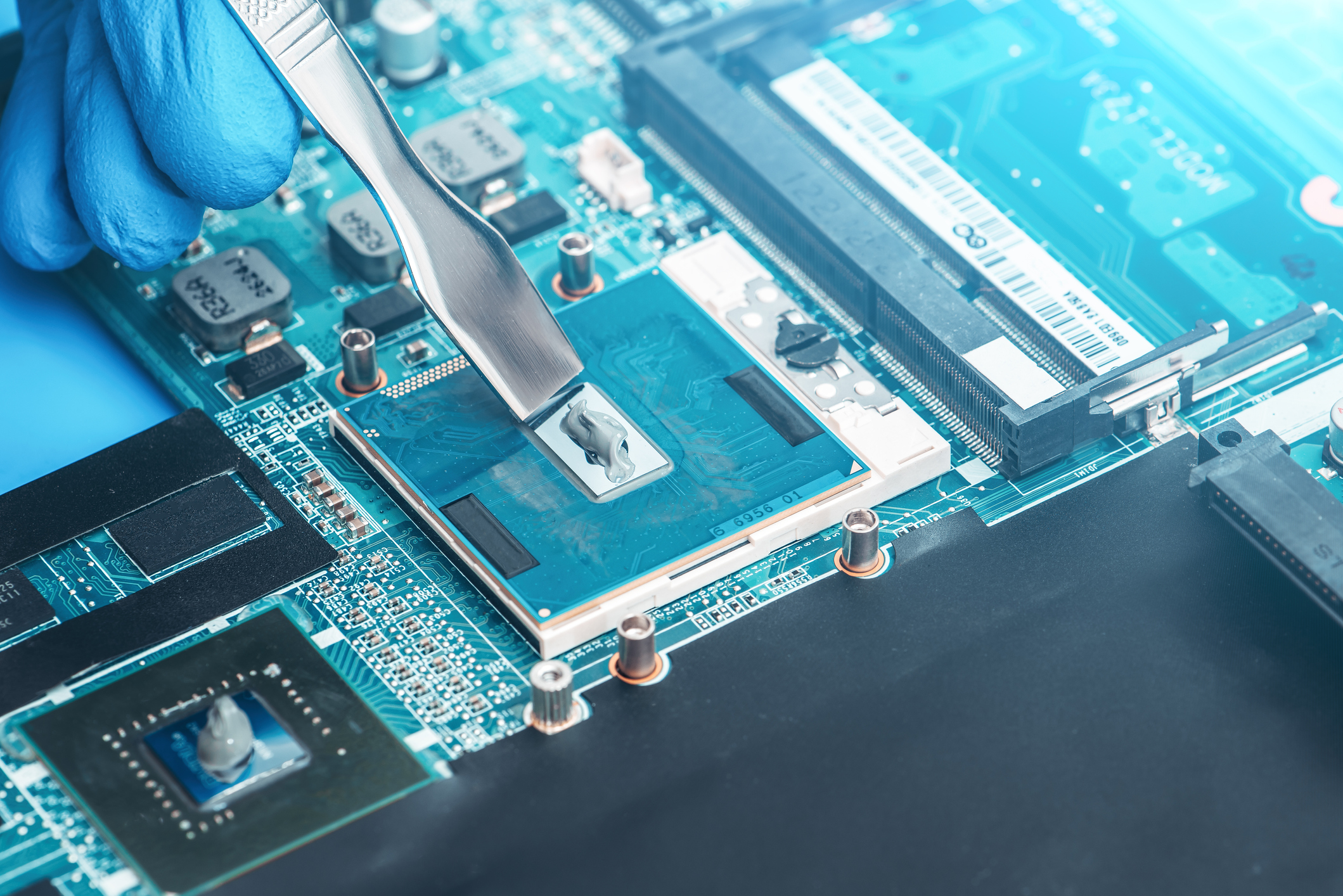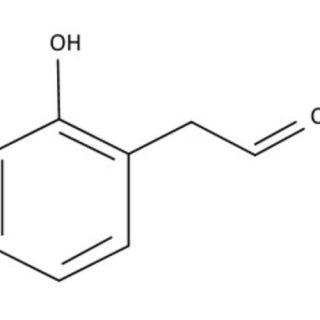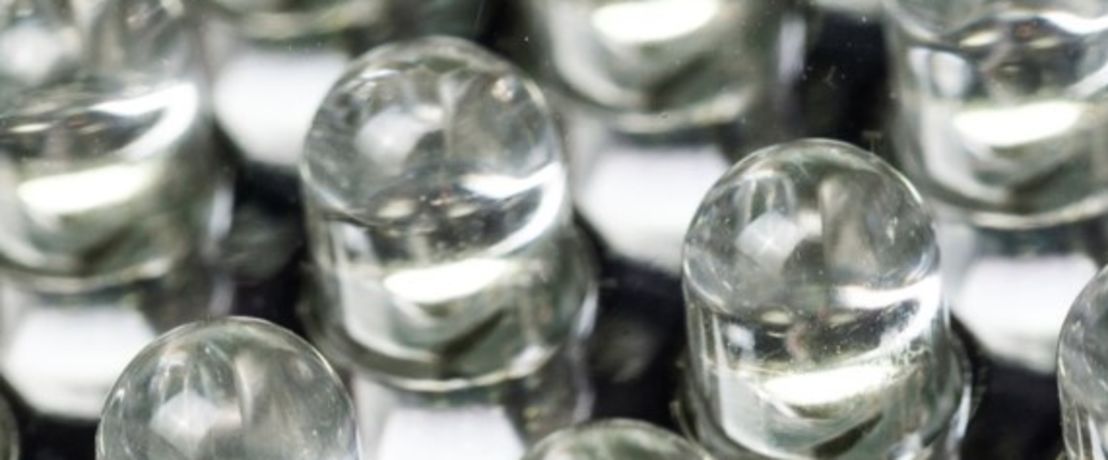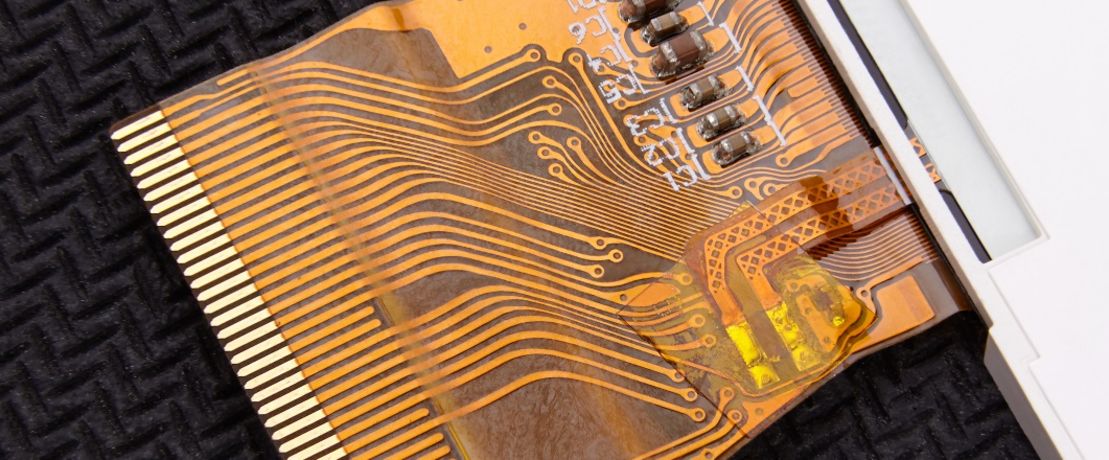The Buy American Act: How May Your Business Be Affected?
An industry brief by Dr. Vinay Mishra, Technical Sales Manager June 20, 2022 On May 5th, 2022, Bloomberg reported that the Chinese government has ordered its central agencies and state-backed corporations to replace all foreign-branded personal computers with domestic alternatives within an aggressive timeline of two years. This development aligns with China’s long-term campaign to become self-sufficient in sensitive technology. It so happens that the U.S. has been working [...]
What is Pultrusion?
Polymer composites offer high strength-to-weight ratios and other benefits such as corrosion-resistance, making them attractive in varied market applications, e.g., aerospace, automotive, and infrastructure. Fabrication processes include compression molding, infusion, filament winding, and pultrusion. Best suited for near-continuous production of parts with a fixed cross-section, pultrusion also allows for high fiber content and very high strengths along the fiber axis. This blog entry focuses on pultrusion using thermoset resins, although [...]
What Are Epoxy Composites?
Epoxy composites are a type of polymer material that uses an epoxy resin to create a polymer matrix which is reinforced with fibers or other fillers. This allows for the fabrication of long-lasting parts with very high strength-to-weight ratios. The low densities of epoxy composites compared to metals also offers substantial fuel savings in aerospace and automotive applications. Compared to traditional materials of construction—metal, concrete, wood, etc.—epoxy-based polymer composites are [...]
Solutions for Epoxy Resin Supply Disruptions
Increasing demand and supply chain challenges are causing shortages of epoxy resins. Demand is being driven by large sectors of the global economy opening after COVID-19 shutdowns. Prices are escalating and ongoing disruptions are taking their toll on downstream manufacturers. The issues do not look like they will be totally resolved within the next few months. For high-Tg products such as composites, adhesives, coating powders and the like, dianhydrides such [...]
6FDA: USA-Made Dianhydride Opens New Opportunities for Aerospace
As a critical raw material in cutting-edge polyimide synthesis, the fluorinated dianhydride 6FDA* plays a small but important role in the aerospace industry. While current supply chains link 6FDA to traditional and emerging Asian producers, there is also understandable pressure to ensure that U.S. procurement options remain as domestic as possible. This has become increasingly important given the logistical challenges and product shortages of the current climate. The recent 6FDA [...]
6 Things You Should Know About High-Temperature Adhesives
Many products fall under the umbrella of adhesives but there are crucial differences among them. High-temperature (HT) adhesives are extremely durable and complex. They’re the go-to adhesives for service environments over 100℃, while quick-drying glues that you find on store shelves only operate from ambient temperature (20-30℃) to around 50℃. These heat-withstanding properties make high-temperature adhesives an ideal solution for technology, transportation, energy, and aerospace applications. Capable of performing under [...]
Managing Your Pyromellitc Dianhydride Supply Chain in a Volatile Market
Pyromellitic Dianhydride (PMDA) is ideally-suited as a low-cost thermal curative for epoxy resins and as a co-monomer for polyimide synthesis. It was originally synthesized by a handful of Japanese and Western manufacturers including Daicel, DuPont, Du-Pont Toray, Jayhawk, Lonza, and Mitsubishi Gas Chemical. However, Pyromellitic Dianhydride has undergone a major shift in the manufacturing base and market dynamics over the past 5 years. China is now the major player, but [...]
What is BTDA?
BTDA (3,3’, 4,4’-Benzophenone tetracarboxylic dianhydride) is a dianhydride that has been produced since the early 1970s. It has grown into a flagship product with a proven performance edge in the fields of epoxy and polyimide chemistry. BTDA is a thermal curative that can improve temperature stability, dimensional stability, and dielectric properties of epoxy resins, particularly those based on DGEBA (Diglycidyl ether of Bisphenol A). It can improve glass transmission temperatures [...]
What is a Crosslinker?
Crosslinking refers to the interconnecting or bridging of two chemical compounds, and a crosslinker is the molecule that is used to make this interconnection. Crosslinkers can be used for all types of polymeric materials, with the identification of the crosslinker being dependent on the application requirements. Polymer crosslinking is accomplished via a wide variety of chemical reactions under an equally wide array of conditions. Catalysts can also be used in [...]
What is Syntactic Foam?
A syntactic foam is a composite material that is made by filling a polymer, ceramic, or metal with pre-formed hollow glass or ceramic spheres called micro balloons. The term ‘syntactic’ refers to the ordered arrangement of the spheres, and the term ‘foam’ refers to the closed cellular structure. Syntactic Foam Properties The hollow spheres within syntactic foam provide most of the materials beneficial properties. They have high specific strength, a [...]
What is an Epoxy?
An epoxy is a thermosetting polymer that possesses unique mechanical and resistance properties. The term epoxy can be used for the cured end product or any of the basic components within epoxy resins. An epoxy resin is a class of thermoset polymer made from a monomer that contains at least two epoxide groups. Epoxy resins can be homopolymerized or cross-linked into a three dimensional network using curatives. A broad assortment [...]
What is a Polyimide?
A polymer is defined as a large network of molecules that consist of many repeat units. A polyimide is a specific type of polymer, consisting of imide monomers. Polyimides are highly desirable for their heat resistance, mechanical strength, and insulative properties. What is an Imide? To obtain a good understanding of what a polyimide is, first we have to understand the chemistry within it. An imide is a functional group [...]




